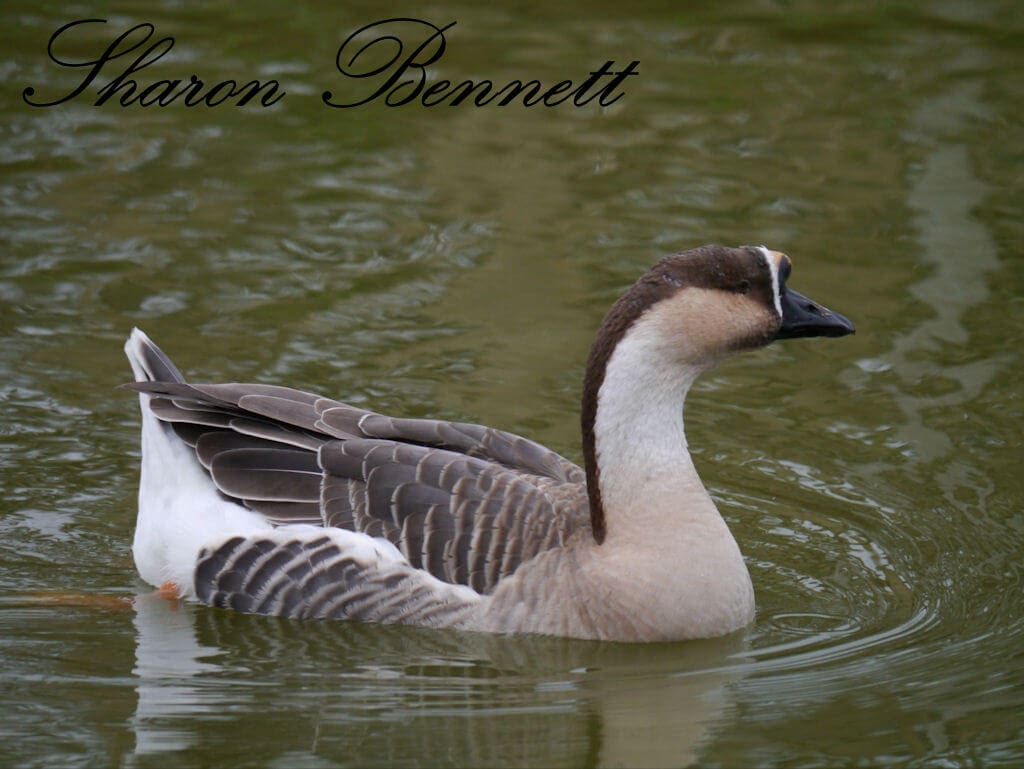
African Goose Natural History
Size
These geese can range in weight from around 16 pounds to 26 pounds in some large exhibition birds. When standing up straight these birds can reach heights of around 1 meter.
Habitat and Distribution
This goose breed is a domesticated breed which does not have a natural range. It is a breed which originates from South East China.
Age
The average lifespan of these birds is between 10 and 15 years.
Diet
These vegetarian geese feed mostly on seeds and grasses, however being domesticated they are mainly fed on commercially available bird feeds.
Groups and Breeding
On average the females will lay between 10 and 20 eggs per season. However some American breeders have reported as many as 40 eggs per season. These birds seem happiest when kept in pairs or trios, as opposed to keeping them in larger flocks.
Threats
This goose is fairly commonly bred both commercially and privately keeping its numbers at a constant level, and its only real threat comes from breeders who cross breed it with other geese to improve or change their look or weight etc. which could eventually make it difficult to find pure bred African geese. However, being a domesticated breed of goose it does not face any threats in the wild and is not covered by the IUCN conservation register.
Interesting Facts
It was first recognised as its own breed in 1874.
The Geese During Your Day Out in Kent
At Wingham Wildlife Park, the African goose is called Waldo and he can be found on the top lake (near the big cats and tapirs), sharing this open area of water with a number of other species of geese, Patagonian Mara and ducks (including the wild mallard ducks which visit the lake all year round). The diet which they receive here is mainly made up of specialist bird feed (which visitors are able to purchase for feeding to these and some other species) as well as some bread (however please do not bring your own as this quantity needs to be strictly controlled).
The more you know…
Want to know more about this animal? Check out our keeper blogs about them here.